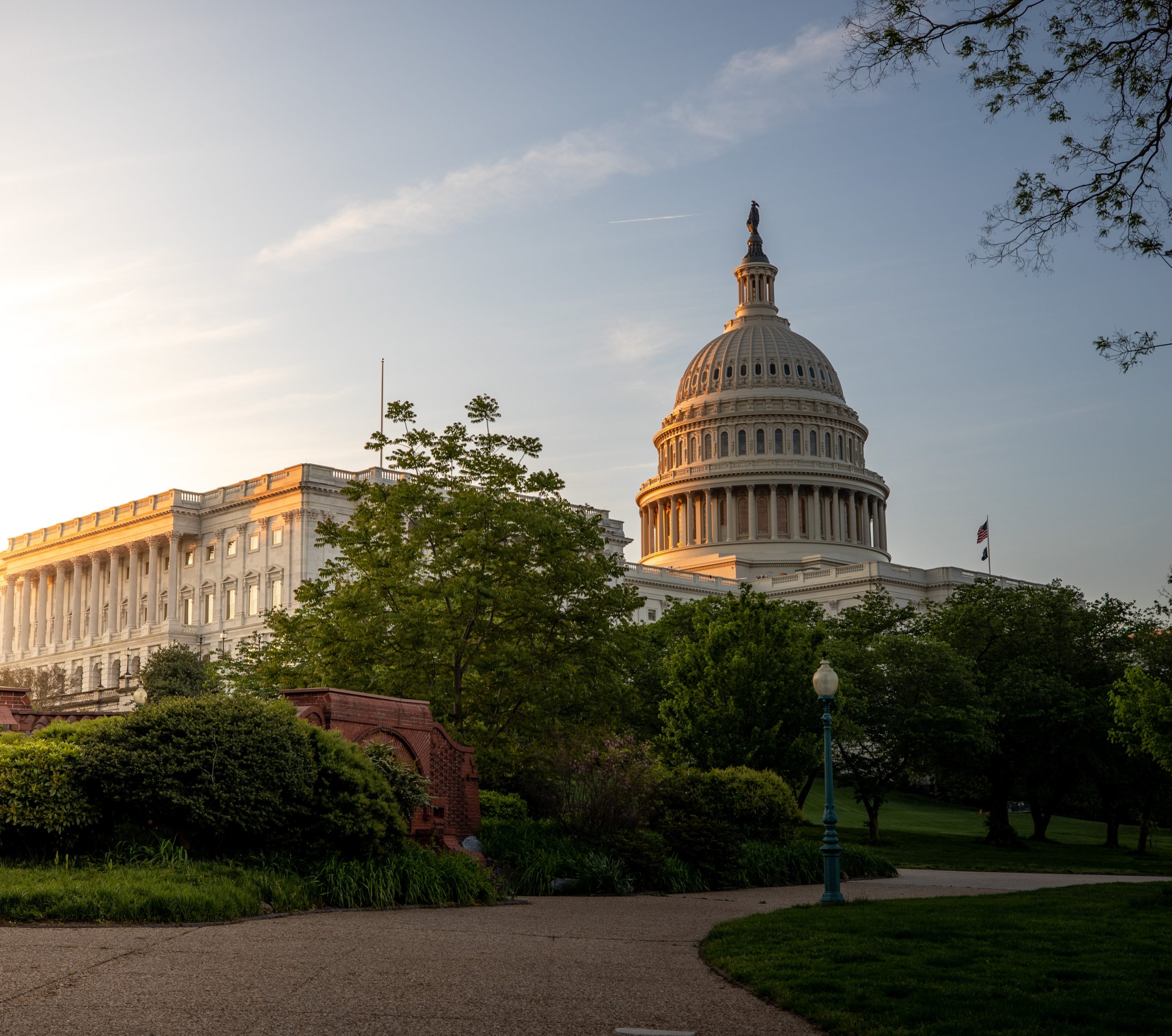Introduction
Political leaders have a significant role to play in fostering a more just and equitable society. Through their policies, they can create a framework that promotes fairness, equality, and social justice. In this article, we will explore some of the ways in which political leaders can achieve this goal.
Investing in Education
One of the most effective ways to promote social justice is by investing in education. Education is the key to unlocking opportunities and breaking the cycle of poverty. Political leaders can invest in education by increasing funding for schools, providing scholarships and grants to students from disadvantaged backgrounds, and promoting vocational training programs. By doing so, they can ensure that everyone has access to quality education, regardless of their socio-economic background.
Creating Job Opportunities
Another way in which political leaders can foster a more just and equitable society is by creating job opportunities. Unemployment and underemployment are major contributors to poverty and inequality. Political leaders can create job opportunities by promoting entrepreneurship, investing in infrastructure, and providing tax incentives to businesses that hire from disadvantaged communities. By doing so, they can ensure that everyone has access to meaningful employment and can contribute to the economy.
Promoting Affordable Housing
Housing is a basic human need, yet many people struggle to find affordable housing. Political leaders can promote affordable housing by investing in public housing, providing subsidies to low-income families, and promoting policies that encourage the construction of affordable housing. By doing so, they can ensure that everyone has access to safe and affordable housing, regardless of their income level.
Ensuring Access to Healthcare
Access to healthcare is a fundamental human right, yet many people lack access to basic healthcare services. Political leaders can ensure access to healthcare by investing in public healthcare systems, providing subsidies to low-income families, and promoting policies that encourage the provision of healthcare services in underserved communities. By doing so, they can ensure that everyone has access to quality healthcare, regardless of their socio-economic background.
Conclusion
In conclusion, political leaders have a significant role to play in fostering a more just and equitable society. By investing in education, creating job opportunities, promoting affordable housing, and ensuring access to healthcare, they can create a framework that promotes fairness, equality, and social justice. It is important for political leaders to prioritize these policies and work towards creating a society that is fair and just for all.









